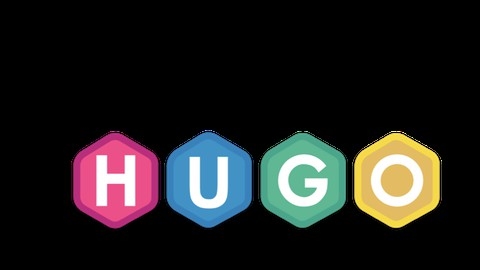Hugo is a powerful and versatile static site generator that allows you to build fast, secure, and highly customizable websites.
Learning Hugo can be a valuable asset for anyone looking to create a website, blog, or portfolio with a focus on performance and SEO.
By mastering Hugo, you can create beautiful, responsive websites that are easy to maintain and scale.
Finding the right Hugo course on Udemy can feel like searching for a needle in a haystack, with so many options available.
You want a course that’s comprehensive, engaging, and taught by experienced professionals, but also caters to your individual learning style and goals.
For the best Hugo course overall on Udemy, we recommend Migrate from WordPress to Hugo, Step by Step.
This course is a comprehensive guide that walks you through the entire process of migrating from WordPress to Hugo, from setting up your development environment to deploying your site with GitLab Pages and Netlify.
The course covers essential concepts like Hugo’s directory structure, themes, and content management systems, making it an excellent choice for both beginners and experienced users.
This is just the beginning of our exploration of the best Hugo courses on Udemy.
Keep reading to discover other great options for different learning styles and goals, including courses that focus on specific aspects of Hugo like theming, content management, and advanced features.
Migrate from WordPress to Hugo, Step by Step
The course starts with an introduction to Hugo and its benefits.
You’ll learn if Hugo is the right fit for your website and what prerequisites you need to get started.
Next, you’ll set up your development environment by installing essential tools like Chocolatey (for Windows), Hugo itself, Visual Studio Code with extensions, Git, Node.js, and 7-zip (for Windows).
The course guides you through configuring a repository on GitLab, a popular Git hosting service, and cloning it to your machine.
You’ll then dive into building a new Hugo site from scratch, choosing and configuring a theme, and writing your first post using Markdown.
The course covers migrating your existing WordPress posts and pages to Hugo, including preserving metadata and handling images.
Deployment is a crucial aspect, and the course covers deploying your site with GitLab Pages and the more robust Netlify platform.
You’ll learn to configure custom domains, CI/CD pipelines, and automatic deploy previews for merge requests on Netlify.
The course also introduces you to content management systems (CMS) like Netlify CMS and Forestry.io, which can make editing content easier.
You’ll learn how to integrate a CMS with your Hugo site and configure collections for managing different content types.
If you’re interested in creating your own Hugo theme, the course has a section dedicated to that (currently under construction).
You’ll learn about templates, variables, listing and filtering content, and more.
Build a Static Website step by step using Hugo
This course starts with an introduction to Hugo, a popular open-source static site generator.
You’ll learn how to install Hugo and create a new website project from scratch, including starting the development server to preview your site locally.
The course covers the essential steps of adding a theme and updating the configuration settings to customize your site’s appearance and behavior.
You’ll also dive into the Hugo directory structure, which is crucial for organizing your content and assets.
One of the key aspects of the course is learning Markdown, a lightweight markup language used for formatting content in Hugo.
You’ll gain hands-on experience updating your site’s content using Markdown syntax.
Once you’ve built your site locally, the course guides you through the process of taking it online by pushing your changes to GitHub Pages.
This is a great way to host your static site for free and make it accessible to the world.
If you want to take your site to the next level, the course also covers using a custom domain name instead of the default GitHub Pages URL.
This can give your site a more professional and memorable online presence.
Throughout the course, you’ll have opportunities to check your understanding and reinforce the concepts you’ve learned.
The course wraps up with a summary and suggestions for what to explore next in your journey with Hugo.
By following along, you’ll gain practical experience with the entire workflow, from initial setup to deployment and beyond.


